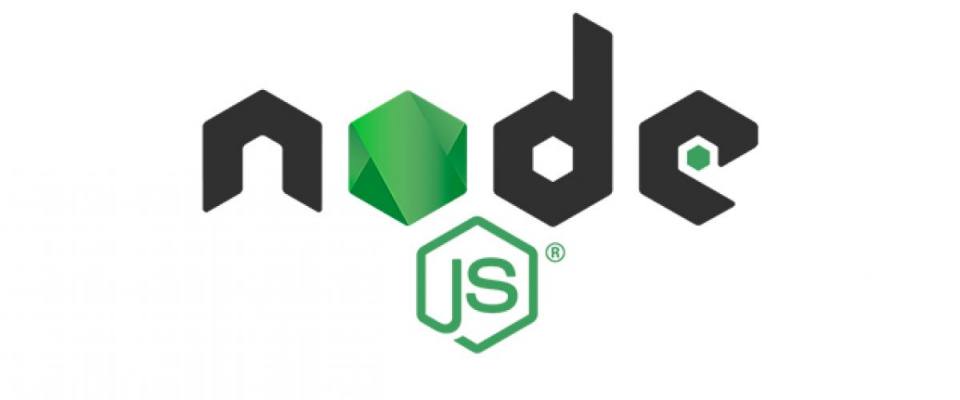Node.js can be defined as a Google Chrome JavaScript V8 engine based on a dynamic, cross-platform and open-source JavaScript framework or runtime environment. Node.js was initially implemented as a client-side scripting language, developed by Ryan Dahl in 2009. JavaScript code and scripts running on the server side are now used to create dynamic web pages.
In this course, you will gain a deep understanding of Node, learn how NodeJS works under the hood, and how that knowledge helps you avoid common pitfalls and drastically improve your ability to debug problems.
In this crash course, you will explore Node.js fundamentals including modules such as path, url, fs, events and we will create an HTTP server from scratch without Express and deploy to Heroku.
You’ll learn how asynchronous code works in Node and the Node event loop, as well as how to use the event emitter, streams, buffers, pipes, and work with files. We’ll see how that leads to building a web server in Node. You’ll dive into websites, web apps and APIs with Express and learn how Express can save us time as Node developers.

